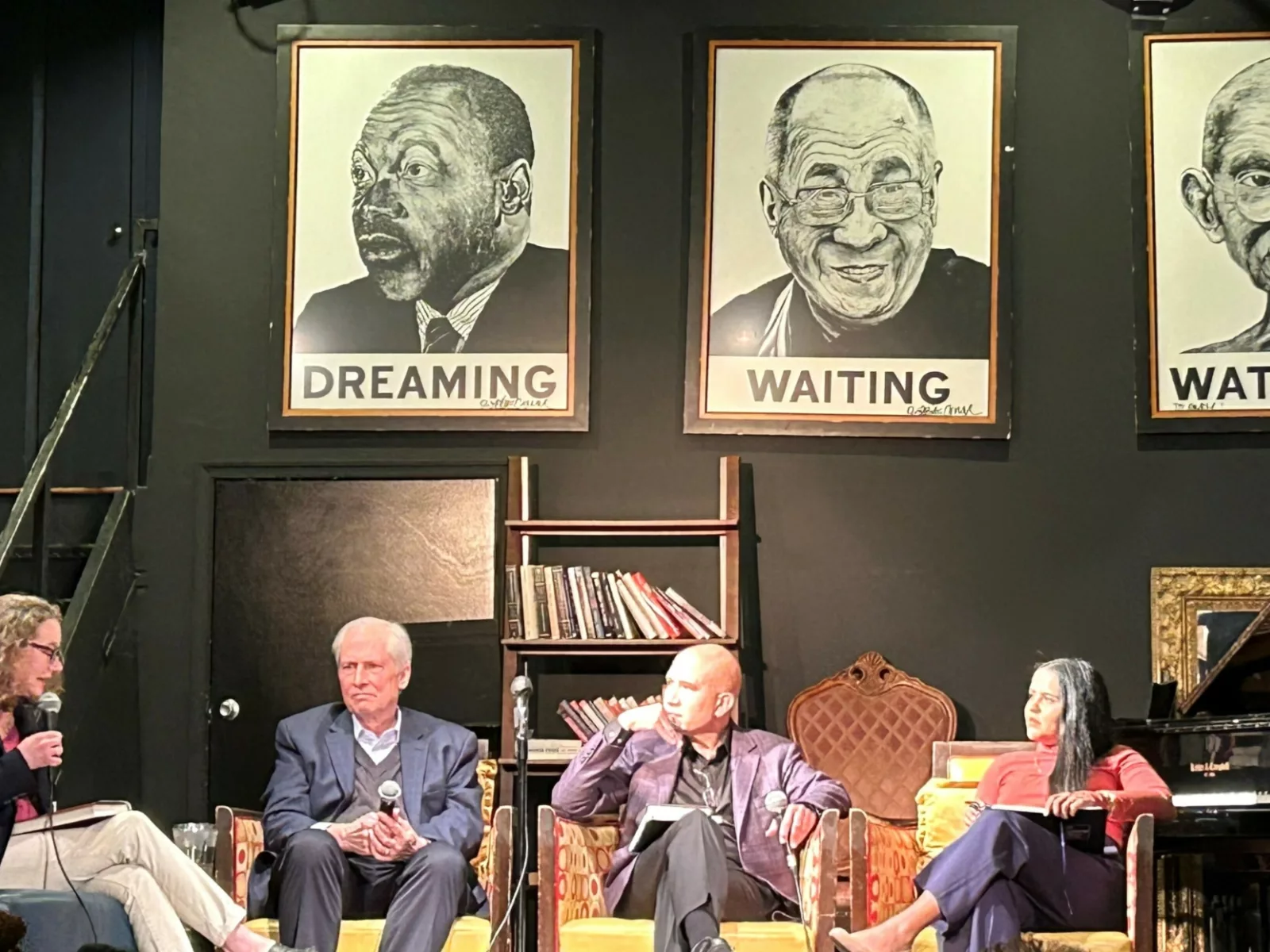When police officers pull people over for traffic violations, they typically hand drivers a ticket or citation and then head on their way. But according to new research, that’s not always where the interaction ends. As recent research from St. Louis and Louisville demonstrates, these encounters often end up with law enforcement officers arresting large numbers of people for outstanding warrants stemming from minor offenses like traffic violations.
If a police officer comes into contact with someone with an outstanding bench warrant — a court-issued document directing law enforcement to bring the person into custody — states like Missouri and Kentucky leave little discretion for the officer’s next move. Both states require that law enforcement make an arrest, even if the original offense leading to the warrant was a low-level one.
New data from the Research Network on Misdemeanor Justice, a project of the Data Collaborative for Justice at John Jay College, points to just how prevalent and problematic those arrests are in St. Louis and Louisville. In both cities, a significant percentage of arrests involve outstanding bench warrants, issued for violations like failure to appear in court or unpaid fines and fees. These warrants are often associated with non-violent charges, with the most prevalent reason being traffic violations.
Burdening Communities
The practice of making arrests for bench warrants disproportionately impacts Black communities and those living below the poverty line, resulting in large numbers of people getting unnecessarily entangled in the legal system, said Erica Bond, policy director for the Data Collaborative for Justice.
“In the majority of cases where police were picking someone up with a warrant, the original charge was a fairly low-level charge,” Bond said. “So now you have a circumstance where someone was charged with a municipal violation or a misdemeanor and they’re now being arrested and being pulled further into the system.”
The Research Network looked at data from 2006 to 2019 and found that in 2019, a significant percentage of arrests made by police in St. Louis (14%) and Louisville (19%) were solely because the person arrested had an outstanding bench warrant. The majority of the bench warrants in both cities were for low-level, non-violent offenses. The report finds that these arrests consume significant law enforcement resources with questionable benefit to public safety.
The racial disparity in enforcement of warrants is striking. In 2019 in St. Louis, four Black people were arrested based solely on a bench warrant for every white person. In Louisville, the ratio was approximately 3‑to‑1. Those numbers, while still indicative of stark disparities, are lower than what they were in 2006, when St. Louis arrested seven Black people for bench warrants for every one white person and Louisville arrested four Black people for every white person.
“This is a reflection of the disparities we see all across the criminal legal system,” Bond said.
At a time when activists and politicians are tackling issues around policing reform, this research also provides important insight into the reality of how people interact with law enforcement.
A Tale of Two Cities
This study of warrant enforcement in two cities revealed two sharply different patterns — a steep increase in one and an equally steep decline in another — highlighting the importance of careful analysis of these trends and the role state and local policy plays in affecting arrest rates.
From 2006 to 2019, arrests based on bench warrants in St. Louis decreased 59%, in large part due to municipal court reforms enacted over the last decade. In 2015, after the police killing of Michael Brown and the subsequent high-profile protests in Ferguson, Missouri enacted legislation to reform its local court systems. The bill set limits on fines for minor offenses, eliminated new charges for failure to appear, and prohibited the arrest of people unable to pay fines and fees, among other measures. Although the law still allows warrants to be issued for failure to appear, it significantly reduced the number of people cycling through and getting trapped in the legal system for low-level offenses.
St. Louis has also tried to reform its municipal court system by enacting warrant amnesty days, when people with outstanding bench warrants for many types of city ordinance violations can show up in court to pay fines or set up payment plans without facing arrest. If someone isn’t able to make financial payments, non-financial forms of restitution like community service are available.
Lee Slocum, a professor of criminology and criminal justice at the University of Missouri St. Louis and a lead author on the research, said the new report helps to paint the picture of the prevalence of bench warrants.
“St. Louis knew this was an issue but didn’t have a sense of the long-term trends and what happened after they tried to put reforms in place after the killing of Michael Brown,” she said.
Conversely, Louisville’s arrest rate based on bench warrants increased by 73% during the same period from 2006 to 2019. While the city’s Jail Policy Committee enacted reforms in 2018 to reduce warrants by purging low-level traffic offenses older than five years, the impact of these recent reforms have yet to emerge in the data. During a Jail Policy Committee meeting in July 2018, then Louisville Metro Corrections Director Mark Bolton described how the jail population was the highest on record since 2004. He noted that the increase in county jail admissions occurred as the number of outstanding bench warrants rose dramatically from 33,000 active warrants in 2013 to 46,000 bench warrants issued in 2017.
“What this report did was put solid numbers behind the patterns they thought they were seeing,” in order to be armed with data to change policies as needed, said Schaefer.
Schaefer said law enforcement in Louisville is still hamstrung by mandatory arrest requirements. There have been attempts to improve appearance rates in court to reduce the number of bench warrants, but when warrants are issued, police must follow through with them, he said.
Fragmented Government
St. Louis also dealt with a unique issue that Lousiville did not: a high number of fugitive warrants, thanks to the city’s fragmented government structure with 80 independent courts within the city, as opposed to Louisville’s unified court system. In St. Louis, approximately one-third of arrests have at least one fugitive warrant, while only 3% of arrests in Louisville involve fugitive warrants.
“They’re not what you think of when you think of a fugitive warrant — someone who has taken off and left the country,” Bond said. “These are really warrants where somebody in a neighboring municipality was driving through, got a traffic violation, didn’t show up for their court date, and now they have a fugitive warrant.”
She said that the differences in the two cities show how each U.S. city will have to create a tailored approach to deal with the proliferation of bench warrants, an issue that is often overlooked when stakeholders think about criminal justice reform. The problem of warrants is not unique to these two cities — in 2016, there were at least 7.8 million outstanding warrants across the country, and that number does not include municipal enforcement.
“I think different parts of the country should think differently about how this problem is manifesting and how they might resolve it,” Bond said.
While the latest data are illuminating, experts say what it revealed most of all is how there still remains a significant lack of research into bench warrants, their impact on multiple levels of the legal system, and how to reform them.
“When something as small as an unpaid parking ticket can lead to a lifetime of consequences for an individual due to the collateral effects of arrest, community trust in justice and government systems is undermined,” said Virginia Bersch, Arnold Ventures’ director of pretrial justice. “More research like this in cities across our country can begin conversations that change policies and restore trust.”


















